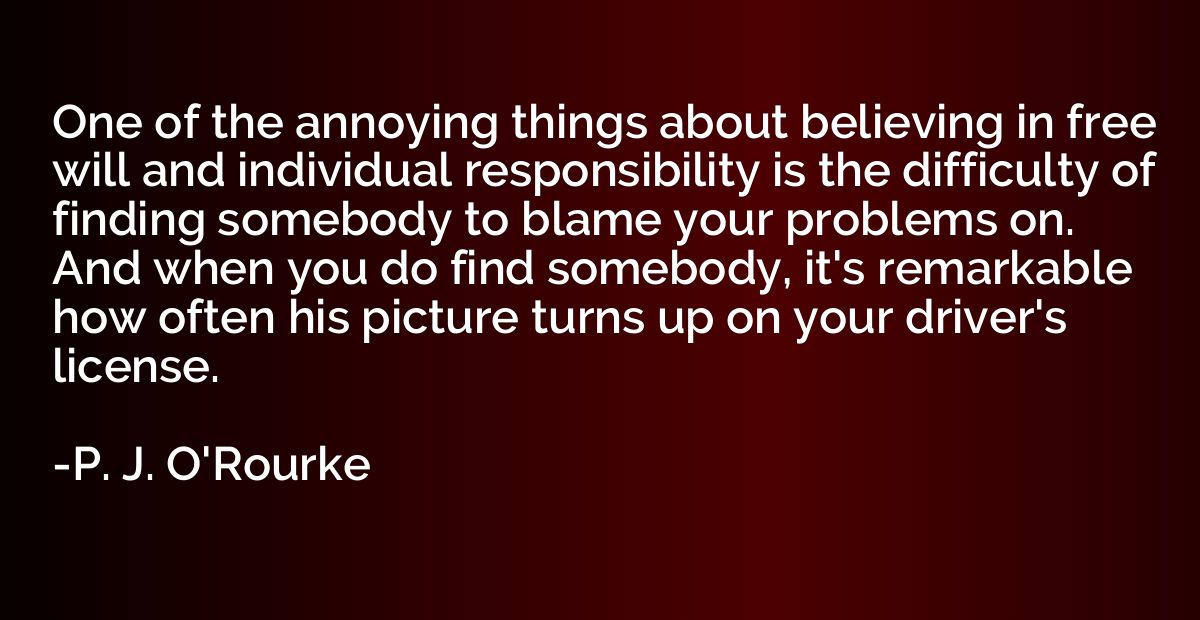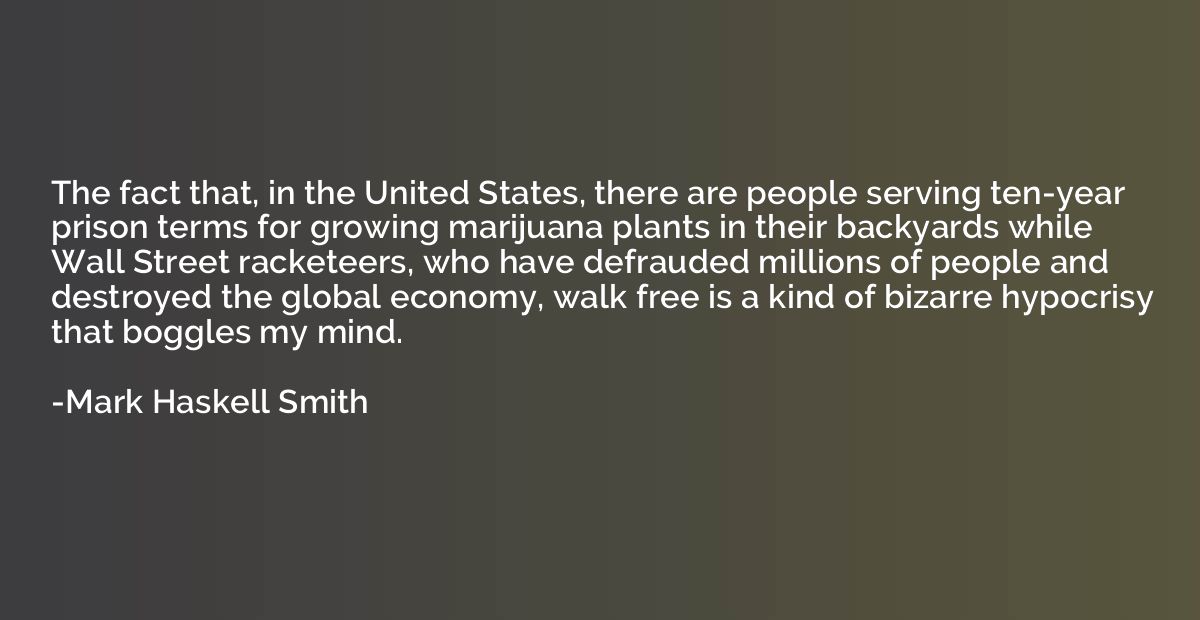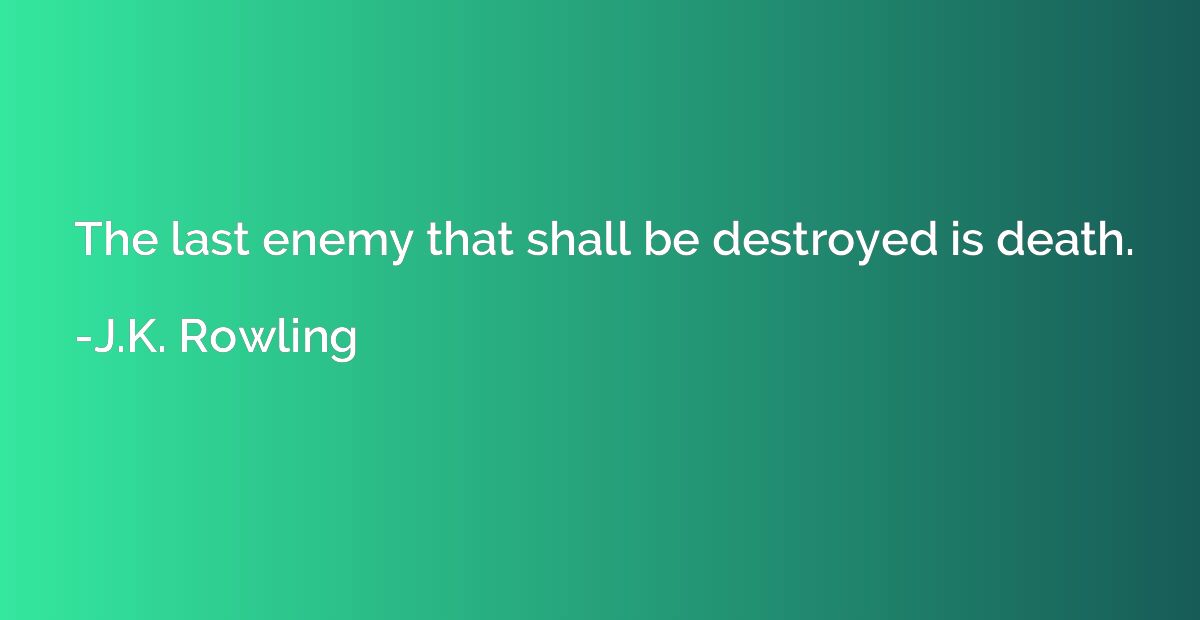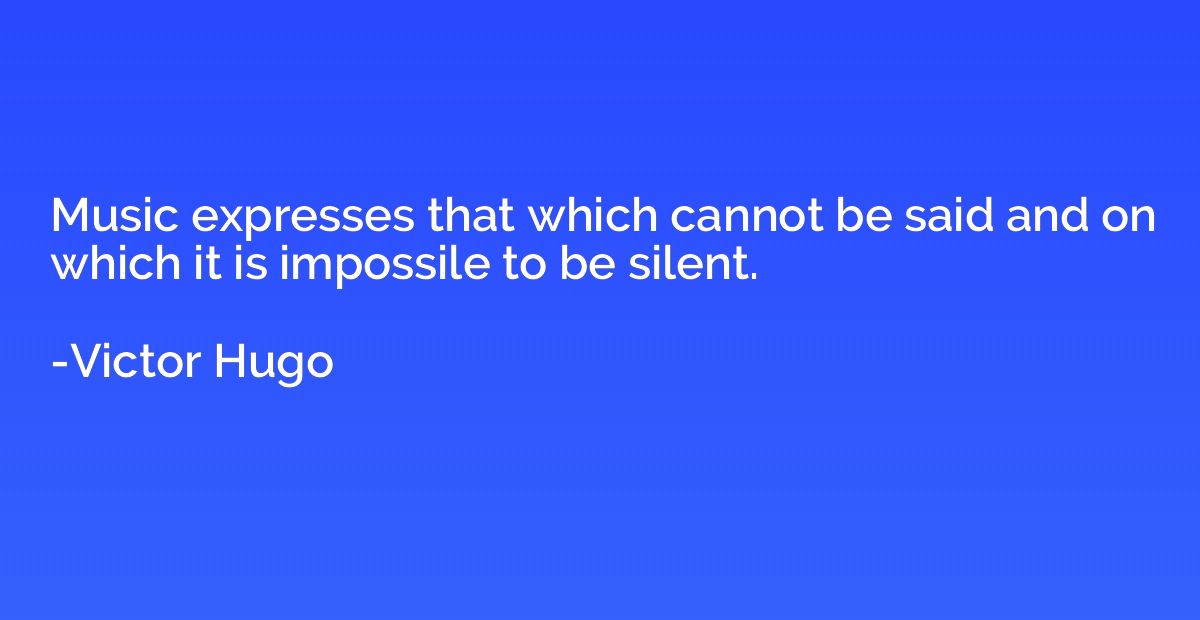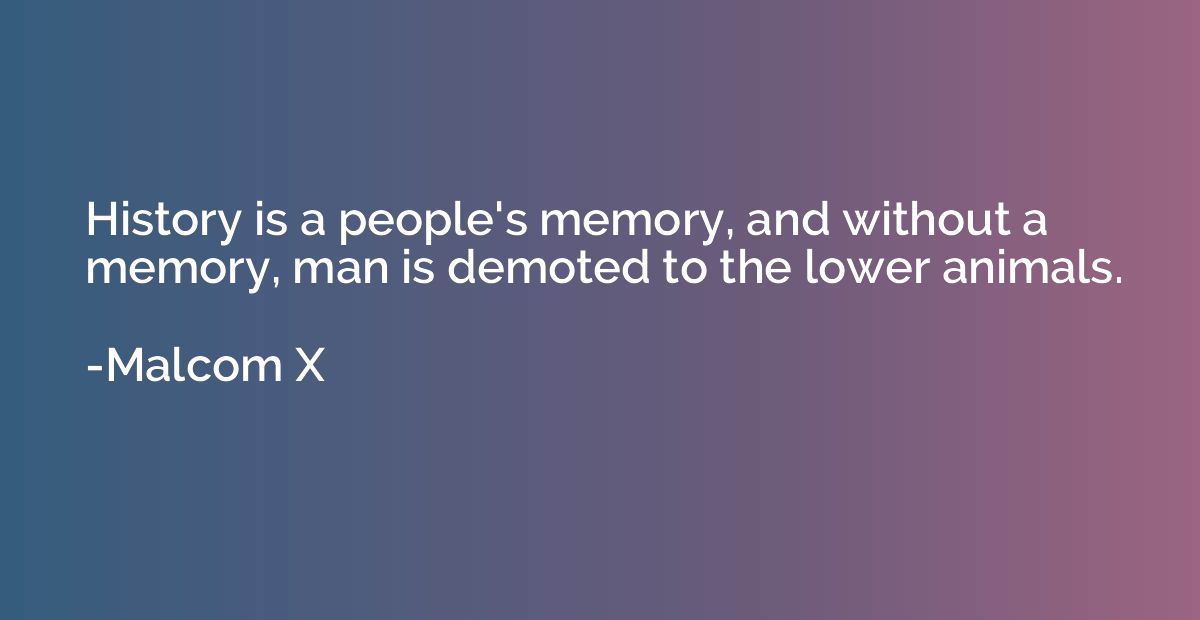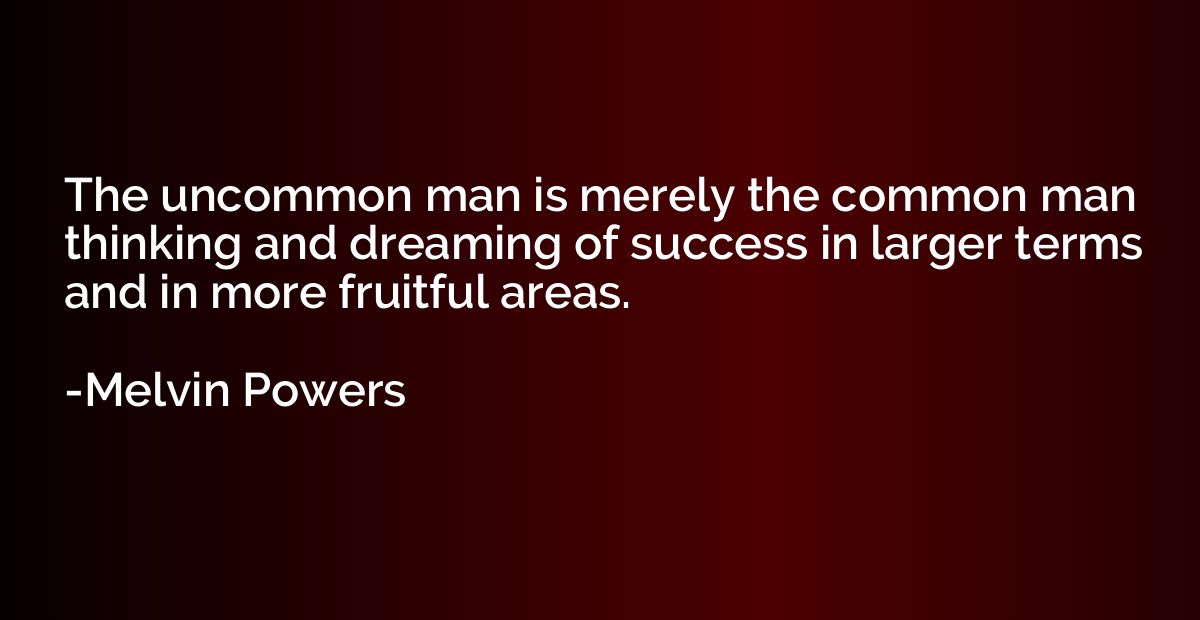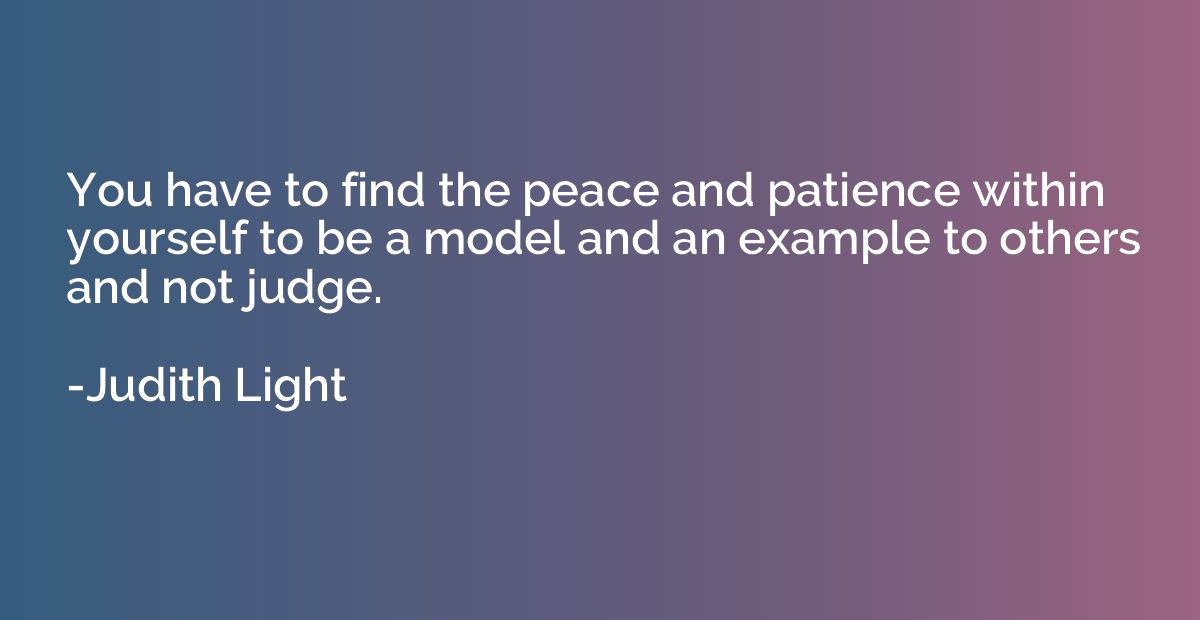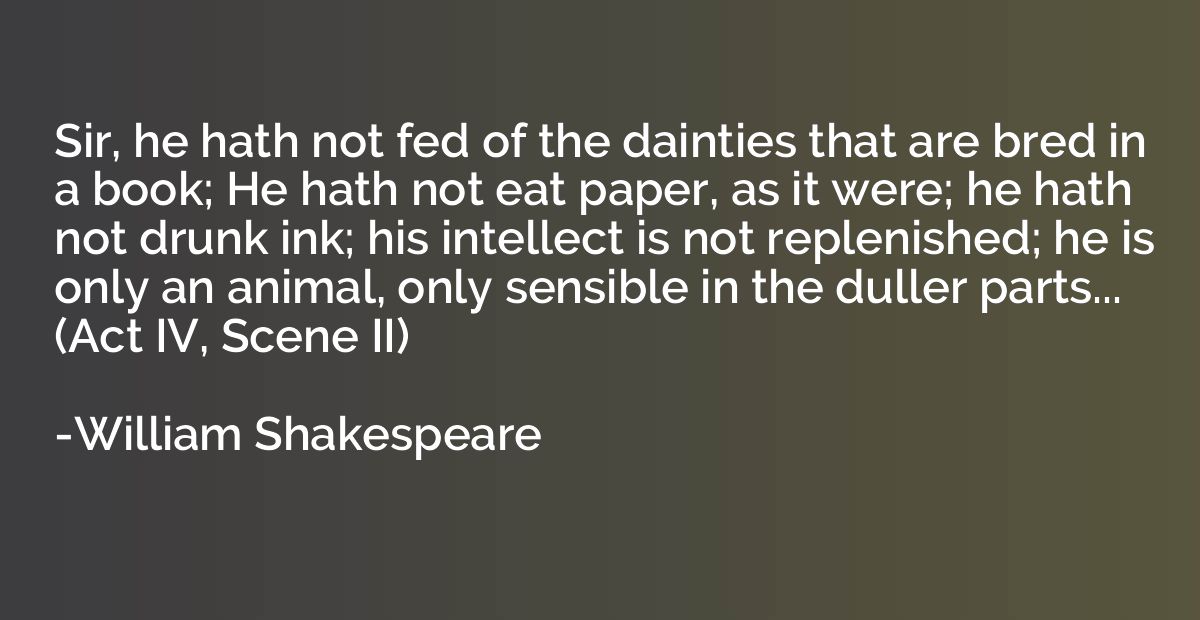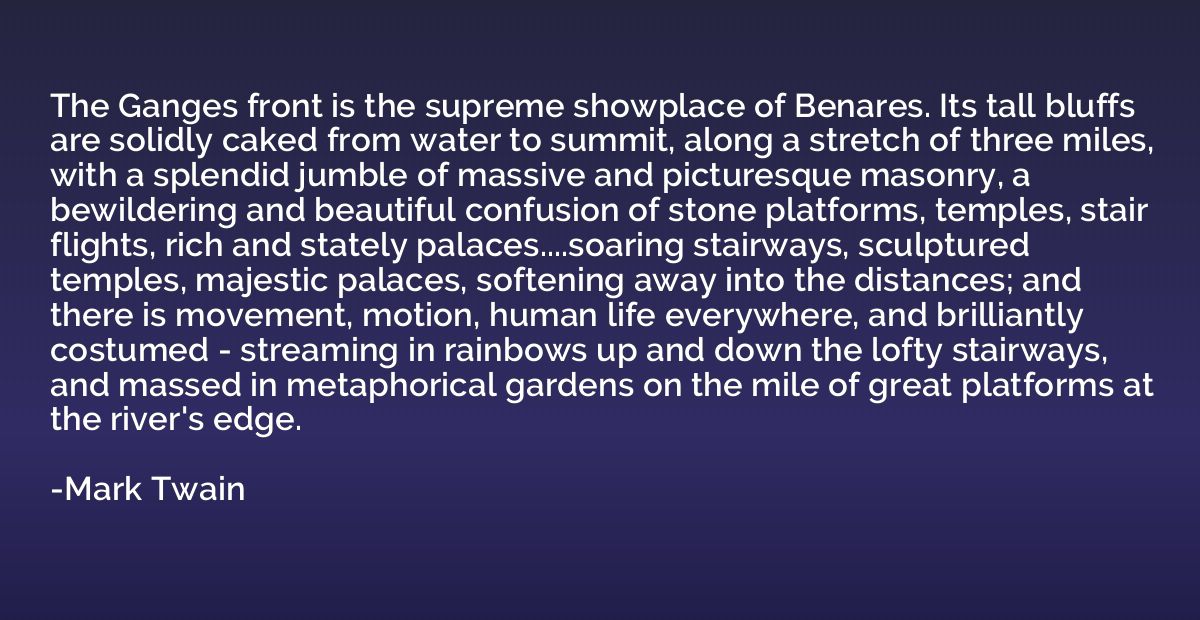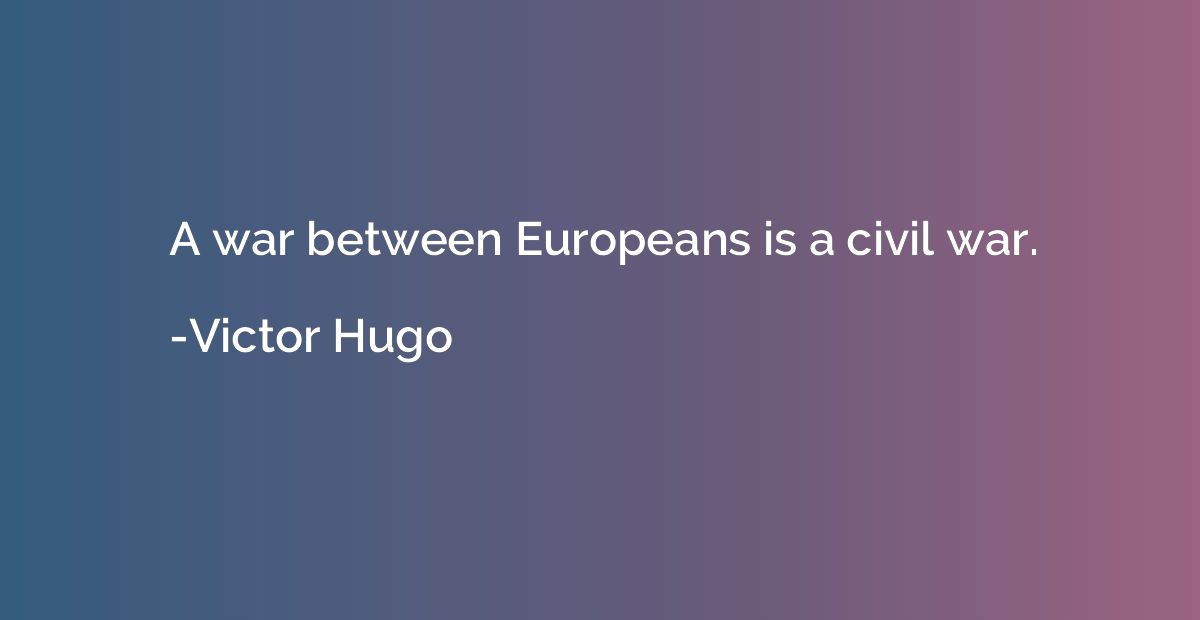Quote by Pablo Picasso
Art is never chaste. It ought to be forbidden to ignorant innocents, never allowed into contact with those not sufficiently prepared. Yes, art is dangerous. Where it is chaste, it is not art.
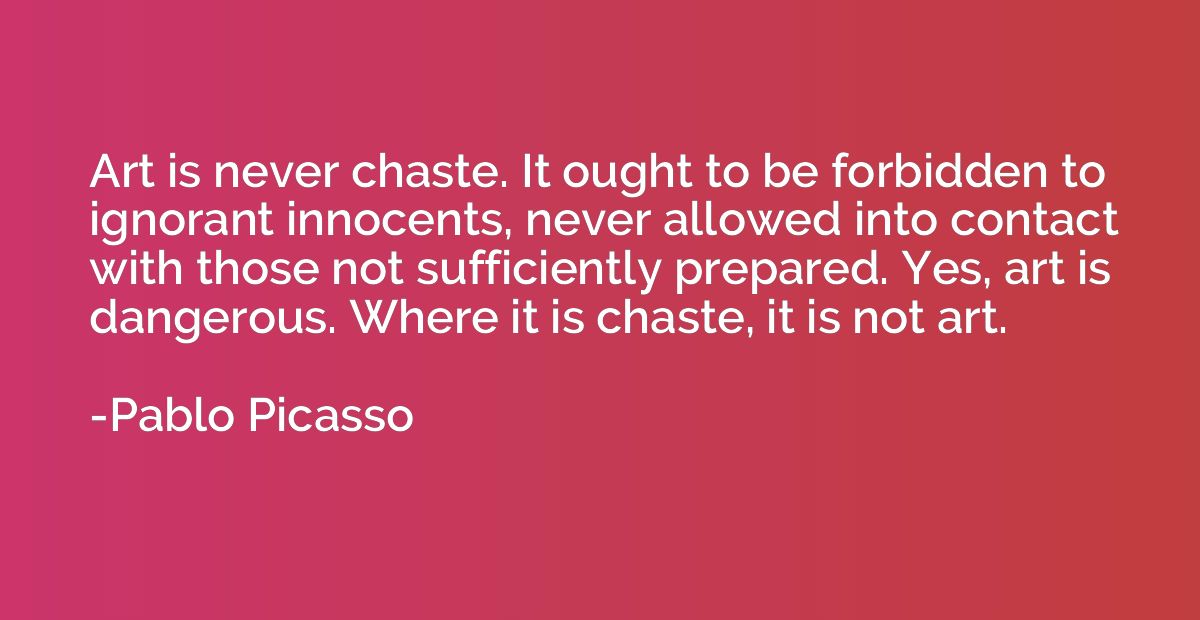
Summary
This quote, attributed to Pablo Picasso, suggests that art should be provocative and capable of evoking deep emotions. It argues that true art cannot be tame or conform to societal standards of morality as it aims to challenge and provoke. Picasso emphasizes that art should be reserved for those who have the capacity to understand and appreciate its complexity. By labeling art as dangerous, he implies that it has the power to disrupt the status quo and shed light on uncomfortable truths. Ultimately, this quote challenges the notion that art should be "chaste" or censored, asserting that true art pushes boundaries and is unafraid to confront difficult subjects.



